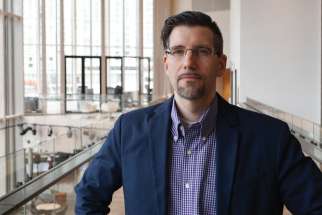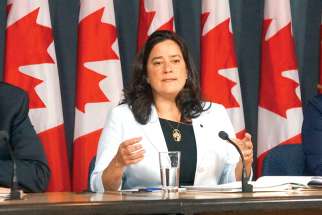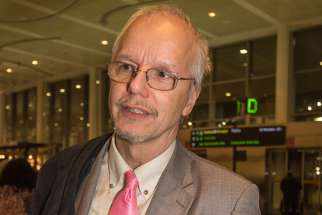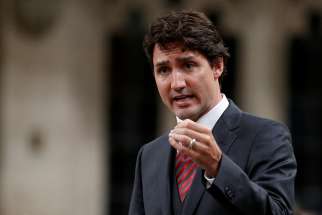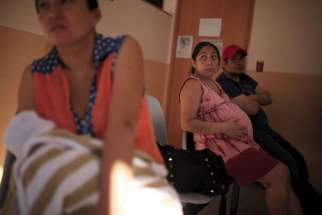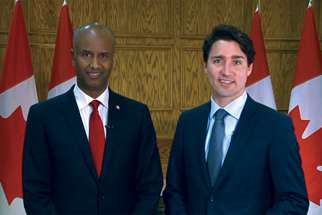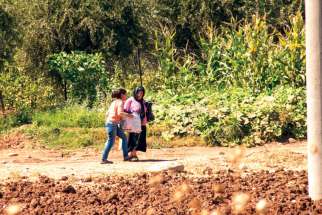NDP Leader Jagmeet Singh declared today in a letter shared to social media that he and his party will join Pierre Poilievre’s Conservatives and Yves-François Blanchet’s Bloc Québécois in bringing down the Liberal Government with a non-confidence vote.
Where has the $6 billion gone?
Ottawa has spent $3 billion out of its $6 billion, 10-year plan to bolster home and community care, including palliative care, across Canada. But the federal government can’t quite say what exactly the money was spent on.
Feds’ daycare plan falls short, says Cardus
OTTAWA - The federal government’s much-hyped national daycare plan will cost up to four times the price tag the Liberals promised in its recent budget, according to the religious think tank Cardus.
Child-care policy can’t be one-size-fits-all
OTTAWA - The federal government’s commitment “to make a significant, long-term, sustained investment to create a Canada-wide early learning and child-care system” sounds good on the surface to a national religion-based think tank, but only if it doesn’t create a onesize- fits-all government-mandated system.
Federal fund not enough, charities warn
A $350 million federal fund to help charities get through the COVID-19 crisis is simply not enough, charitable sector spokespeople have told The Catholic Register.
Refugee advocates heave sigh of relief
Federal funding that will reverse Ontario government cuts to legal aid for asylum seekers is getting praise from Catholic refugee advocates.
Cathy Majtenyi: Wilson-Raybould sets the right example
It was the bombshell conversation that sealed the fate of a string of federal government officials connecting right up to the office of the prime minister.
Private refugee sponsors need to guard the success of their program and protect their donors’ money, says Archdiocese of Toronto refugee advocate Martin Mark.
Canada Summer Jobs is a worthy federal program that subsidizes employment for thousands of high school and university students. Ottawa trumpets that “all small business, not-for-profit organizations and public-sector employers are encouraged to apply for funding” and hire summer students.
OTTAWA –Pro-life groups are pushing back on social media against Canada’s commitment to fund abortion overseas and make it a “pillar” of international development policy.
A $28.5 million vote of confidence from the federal government will help the Canadian Catholic Organization for Development and Peace deliver aid to refugees and war-affected Syrians, Iraqis and others over the next three years.
Canada's new immigration minister is a former Somali refugee
OTTAWA – The promotion of former Somali refugee Ahmed Hussen to immigration minister sends a positive signal to immigrants and refugees, said Canada’s former ambassador to the Holy See.
Bar association urges federal government to expand euthanasia
OTTAWA – The Canadian Bar Association (CBA) is calling on the government to expand access to euthanasia in a way that, according to opponents, would make it “wide open.”
OTTAWA - The federal government is seeking a six-month extension on the Carter decision that had struck down sections of the Criminal Code against assisted suicide.
Churches ahead of government in resettling Syrian refugees
The federal government has rewritten its timeline to bring 25,000 refugees to Canada this year and acknowledges that to resettle them here by the end of February is an enormous challenge.





